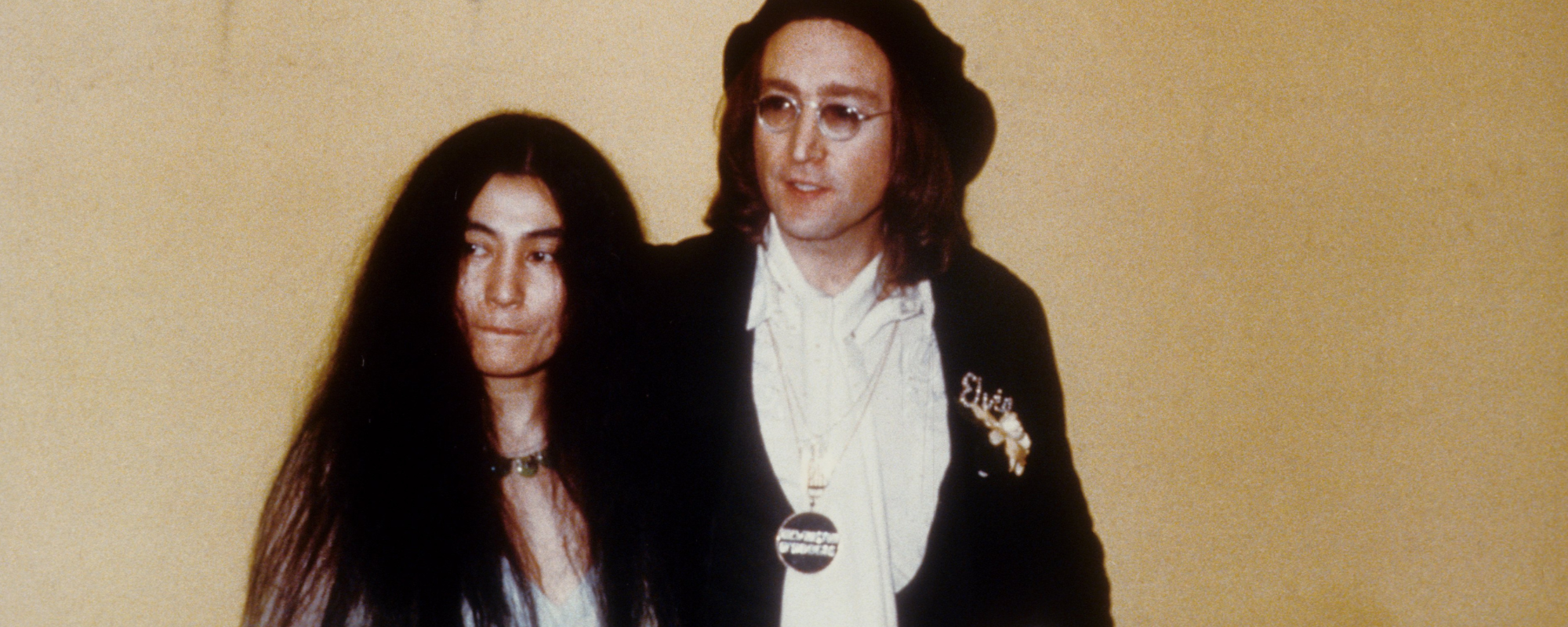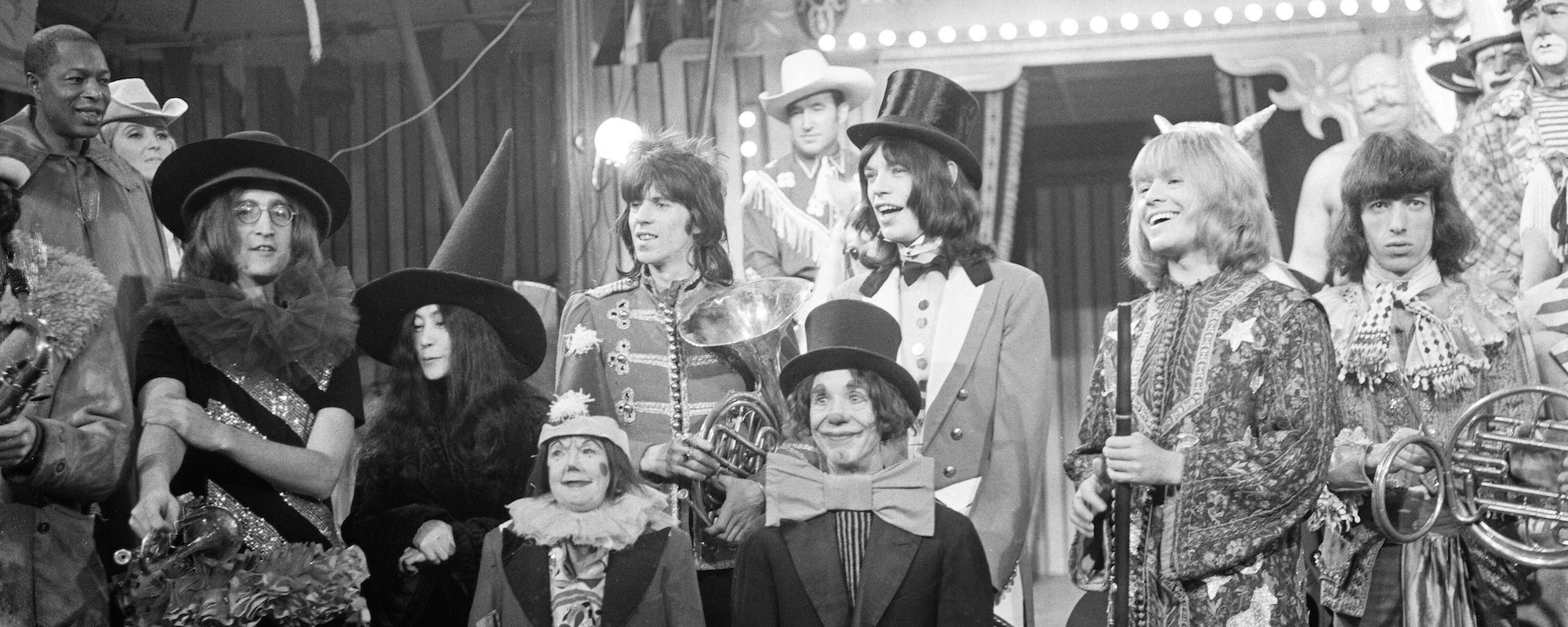Hidden amongst the groundbreaking sitar and maturing lyricism of the Beatles’ 1965 track “Norwegian Wood” are surprisingly sordid and violent details of an extramarital affair that turned violent. A far cry from the Fab Four’s early puppy-lovestruck catalogue, many music historians believe the song marked a turning point in the band’s career.
Videos by American Songwriter
That turning point included a slight veering off into seedier directions of lust, jealousy, violence, and pain that the band had previously never explored musically. As for the distinctive name? Paul McCartney has credited the track’s title to the fact that their alternative didn’t roll off the tongue nearly as easily.
John Lennon’s Affair Inspired The Lyrics For “Norwegian Wood”
Throughout their short-lived but monumental career, the Beatles (and more specifically, John Lennon and Paul McCartney) often disagreed over writing credits: who deserved them, how much they deserved, and so on. However, Lennon told David Sheff that “Norwegian Wood” was “my song completely” in All We Are Saying (via Beatles Bible).
And to McCartney’s credit, the musician might not have wanted to be associated with the song’s true inspiration, anyway. “It was about an affair I was having,” Lennon told Sheff. “I was very careful and paranoid because I didn’t want my wife, Cyn, to know that there really was something going on outside of the household. I’d always had some kind of affairs going, so I was trying to be sophisticated in writing about an affair but in such a smoke-screen way that you couldn’t tell. But I can’t remember any specific woman it had to do with.”
While Lennon might’ve kept the identity of the woman who inspired the opening line, I once had a girl, or should I say she once had me, author Philip Norman hypothesized that Lennon’s affair was likely with journalist Maureen Cleave or model Sonny Freeman.
The Origins Of The Song’s Title And The Violent Backstory It References
Although Lennon previously said he didn’t know how he came up with the title “Norwegian Wood,” McCartney later explained in his memoir that the song referenced cheap wood paneling that people were using to decorate their homes. “Norwegian wood,” McCartney wrote. “It was pine, really, cheap pine. But it’s not as good a title, ‘Cheap Pine.’ So, it was a little parody really on those kind of girls who, when you’d go to their flat there would be a lot of Norwegian wood. It was completely imaginary from my point of view but in John’s it was based on an affair.”
She showed me her room. Isn’t it good, Norwegian wood? Lennon sings in the second verse. By the penultimate verse Lennon sings, She told me she worked in the morning and started to laugh. I told her I didn’t and crawled off to sleep in the bath. In the final verse, the woman has left, and Lennon sings, So, I lit a fire. Isn’t it good, Norwegian wood?
According to McCartney, that line about the fire isn’t about an innocent fireplace like some listeners have assumed. “In the last verse, I had this idea to set the Norwegian wood on fire as revenge, so we did it very tongue in cheek,” he later said. “She led him on, then said, ‘You’d better sleep in the bath.’ In our world, the guy had to have some sort of revenge. It could have meant I lit a fire to keep myself warm, and wasn’t the decor of her house wonderful? But it didn’t, it meant I burned the f***ing place down as an act of revenge, and then we left it there and went into the instrumental” (via Beatlese Books).
Photo by Michael Ochs Archives/Getty Images












Leave a Reply
Only members can comment. Become a member. Already a member? Log in.